
Latin America: Week in Review, Mexico
Mexican Drug Trafficker “La Barbie” Captured By Federal Police
August 31, 2010 By Staff
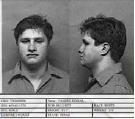
Alleged Drug Trafficker Edgar Valdez Villarreal, alias "La Barbie"

Alleged Drug Trafficker Edgar Valdez Villarreal, alias "La Barbie"
Today in Latin America
Top Story — Mexico announced Monday the capture of one of the country’s most infamous drug lords.
Edgar Valdez Villarreal, also known as “the Barbie,” was captured by federal police in the state of Mexico, which borders the capital of Mexico City, after a yearlong intelligence operation.
“This capture constitutes a blow of great impact against organized crime,” said Alejandro Poiré, the government’s security spokesman, according to The Associated Press.
The Texas-born drug trafficker allegedly was a top enforcer for Mexican drug kingpin Arturo Beltrán Leyva, until he began feuding with the cartel after Arturo’s death. The battle between Valdez Villarreal and the Beltrán Leyva cartel for control of the business has been blamed for gangland-style executions and the hanging of beheaded corpses in the town of Cuernavaca.
In April of this year, a U.S. federal court in Atlanta indicted Valdez Villarreal and five others “with importing and distributing thousands of kilograms of cocaine from Mexico into the eastern United States from 2004 until 2006,” according to the Department of Justice. The U.S. government has offered a reward of up to $2 million for his capture.
Mexican President Felipe Calderón called Valdez Villarreal “one of the most-wanted criminals in Mexico and abroad,” on his Twitter account, according to The Associated Press.
Calderón added that operations to bring down this trafficking gang will continue.
The Houston Chronicle spoke with Kent Schaffer, the U.S. based lawyer representing Valdéz, who said he worries that his client will be tortured or worse before he can be returned to the United States for trial.
“I do not think anyone is safe in the hands of the Mexican military,” Schaffer said. “Something is going to happen.”
Valdez Villarreal’s capture comes just over a month after the Mexican military killed Ignacio “Nacho” Coronel, an alleged top member of the Sinaloa cartel, in a raid of a safehouse in a suburb of Guadalajara.
Since Mexican President Felipe Calderón declared an offensive against the drug cartels in 2006, over 25,000 people have been killed.
Just Published at the Latin America News Dispatch
- After losing in a second-round election to Alán García in 2006, controversial Peruvian nationalist Ollanta Humala is running for the presidency again. Get to know him in this interview with Paul Alonso.
Headlines from the Western Hemisphere
North America
- The Justice Department filed another lawsuit against immigration practices by Arizona authorities, saying Monday that several community colleges illegally required noncitizens to provide their green cards before they could be hired for jobs.
- Mexico fired 3,200 federal police officers for incompetence or corruption Monday.
Caribbean
- Fidel Castro gave new details of his illness that forced him to give up power four years ago, saying in a rare interview that he was weak, dangerously thin and thought at times he could not go on.
- Hurricane Earl, which was escalated to Category Four status on Monday, is headed toward Puerto Rico and the mainland United States.
- A partnership of 20 Dominican businessmen has bought the country’s oldest daily newspaper, Listín Diario, and its radio stations.
Central America
- Members of the International Monetary Fund (IMF) visited Guatemala between August 17-26, 2010 to review the “Stand-By Arrangement” approved in April 2009.
- The recent murder of yet another journalist in Honduras prompted a senior United Nations official to call for urgent action to stem the rise in violence against members of the press in the Central American country.
- Five members of a Honduran family were killed Sunday by a boulder set loose by heavy rains, while elsewhere in the capital some 300 homes were destroyed by a landslide, officials said.
- U.S. carrier Frontier Airlines will begin seasonal service to Liberia, Costa Rica, starting Feb. 13 of next year.
- Canada’s Minister of International Trade, Peter Van Loan, announced Sunday that Canada and Costa Rica have agreed to work toward modernizing the existing bilateral free trade agreement.
- Canada will present a law this fall to formally endorse a trade deal with Panama, Canadian International Trade Minister Peter Van Loan said Monday.
Andes
- Ecuador’s foreign reserves dropped to the lowest level since July 2009, heading for their biggest monthly decline since May, as government cash deposits at the central bank fell
- Peru and South Korea today finalized negotiations to create a free trade agreement that could push bilateral trade to $7 billion by 2016, according to a statement on Peru’s presidential website.
- Police in Peru say two Roman Catholic priests have been stabbed to death inside a historic monastery two blocks from the capital’s main square.
- An Ecuadorean arrest order against Colombian President Juan Manuel Santos was revoked by a provincial judge on Monday, but the case stemming from a 2008 bombing of Ecuadorean territory remains open.
- A Venezuelan farmer on hunger strike for months in a protest against President Hugo Chávez’s land nationalization policies died on Monday in a military hospital, his family said
Southern Cone
- Still considering different plans to rescue the 33 trapped Chilean miners, the Chilean government says the men will probably have to help dig themselves out as debris falls into the mine shaft.
- Concluding a week-long trip to China, Uruguayan Vice President Danilo Astori said that Uruguay should strengthen bilateral ties with its second most important trading partner.
- The U.S. bond fund Pimco voiced confidence in the performance of Antonio Palocci, presidential candidate Dilma Rousseff’s economic adviser, after his career as Brazilian finance minister.
- Doctors removed a 56-pound tumor from the stomach of a patient in Buenos Aires.
Image: House Committee on Homeland Security @ Wikicommons.
Subscribe to Today in Latin America by Email
< Previous Article
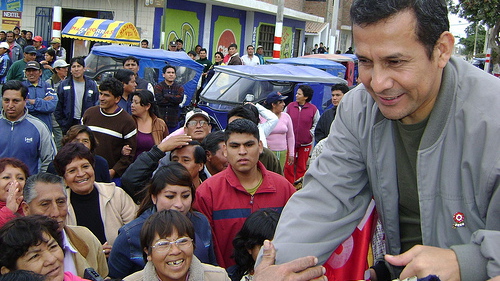
August 30, 2010 > Paul Alonso
Ollanta Humala, “Neither Left, Nor Right” — An Interview
Next Article >
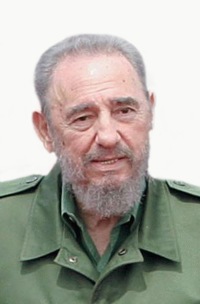
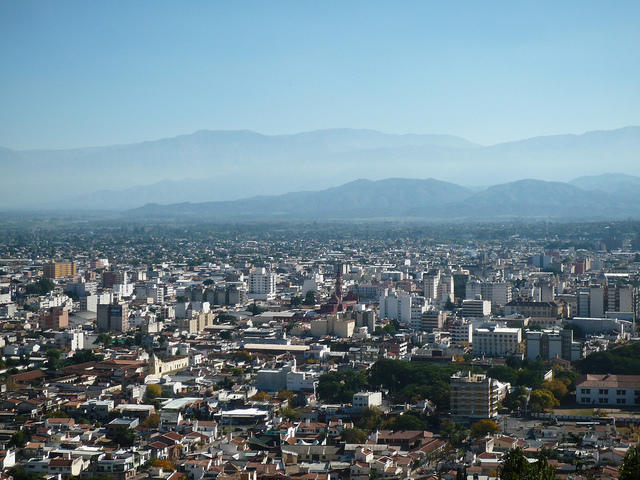
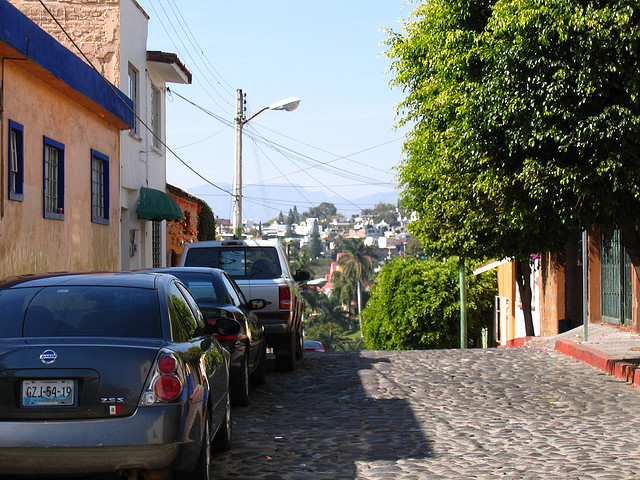
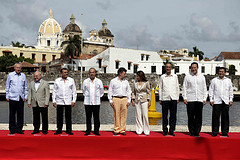
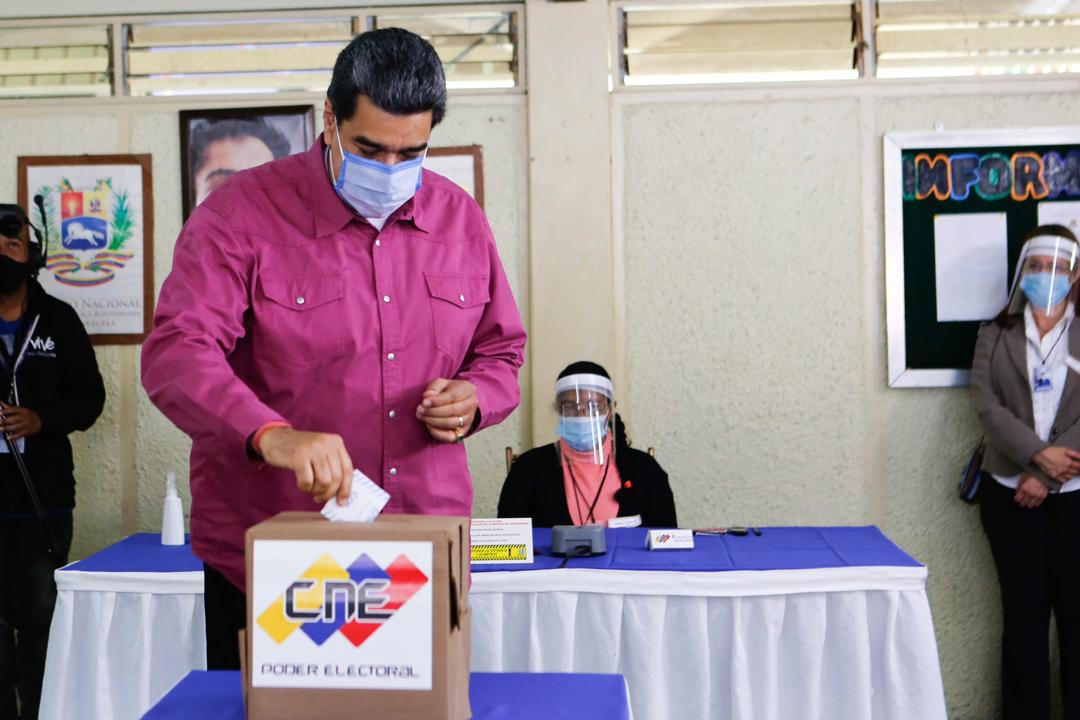
1 Comment
[…] Valdez Villarreal, a Texas-born drug trafficker, was allegedly a top enforcer for Mexican drug kingpin Arturo Beltrán Leyva, until he began feuding with the cartel after Arturo’s death. The battle between Valdéz Villarreal and the Beltrán Leyva cartel for control of the business has been blamed for gangland-style executions and the hanging of beheaded corpses in the town of Cuernavaca. […]
Comments are closed.